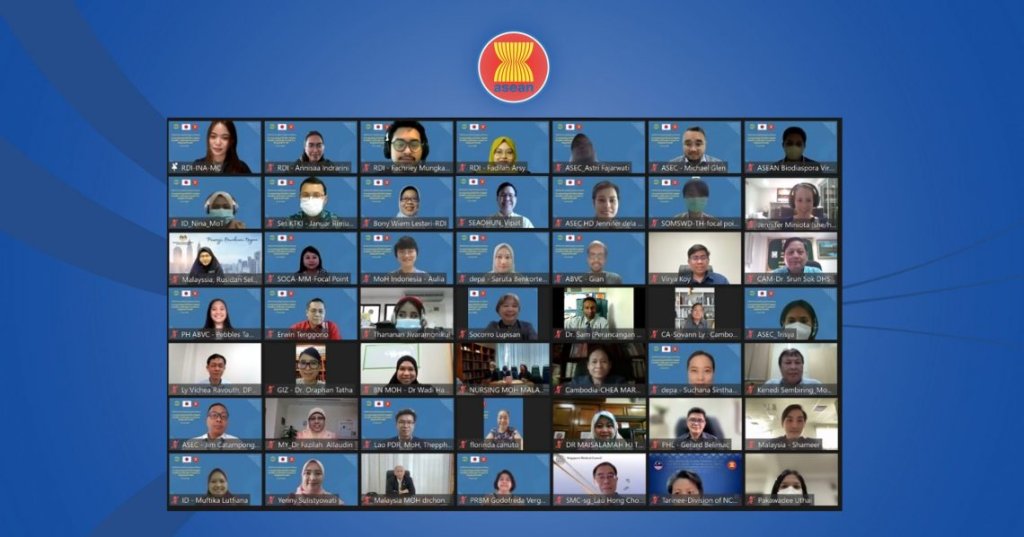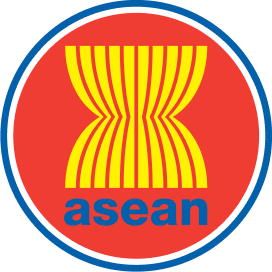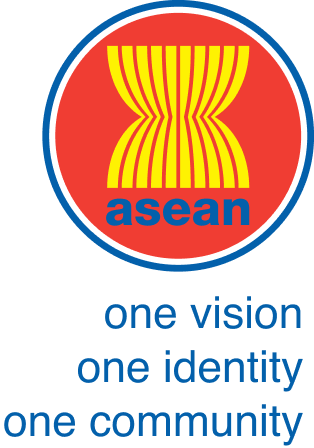



 JAKARTA, 14 June 2022 – The webinar on “Transforming ASEAN’s Digital Health Landscape to Improve Regional Health” called for regional cooperation and multi-stakeholder partnerships to invest and collaborate on digital health transformation to support ASEAN’s post-COVID19 recovery.
JAKARTA, 14 June 2022 – The webinar on “Transforming ASEAN’s Digital Health Landscape to Improve Regional Health” called for regional cooperation and multi-stakeholder partnerships to invest and collaborate on digital health transformation to support ASEAN’s post-COVID19 recovery.
The event is the first of a series of ASEAN Public Health Emergencies webinars under the ASEAN Socio-Cultural Community (ASCC) Research and Development Platform Programme supported by the Japanese government through the Japan-ASEAN Integration Fund.
In his opening remarks, the Deputy Secretary-General of ASEAN for the ASCC, Ekkaphab Phanthavong, said that ASEAN has experienced first-hand how digitalisation enabled ASEAN Member States to be more nimble and adaptive to the COVID-19 pandemic. While technology has provided solutions to some of ASEAN’s public health challenges, he encouraged the harness of digital technologies to further enhance social welfare and reduce inequalities. ‘’This will deepen ASEAN’s social and economic resilience’’, he said.
Health-related data analytics to support regional policy development was the focus of the first session of the webinar. Founder and CEO of BlueDot, Dr Kamran Khan, suggested in his keynote speech that “one of the ways we can get ahead of…threats [to public health] is by producing timely and high-quality data global epidemic intelligence platform to identify signals and to understand and respond appropriately to threats”.
The ASEAN BioDiaspora Virtual Center (ABVC), in collaboration with BlueDot, has supported the development and utilisation of such an intelligence platform to identify infectious diseases signals, understand the threats’ characteristics, and produce appropriate responses. Dr Socorro Lupisan, representative from ABVC, spoke about the various BioDiaspora tools that have helped to assess and determine the risks of emerging threats and important diseases.
The implementation of data analysis and Artificial Intellegence (AI) systems in ASEAN countries was a recurring subject of discussion. Setiaji, Chief of the Digital Transformation Office from the Indonesian Ministry of the Health, spoke about the challenges and Indonesia’s future plans to transform its digital health and health technology ecosystem.
Dr James Lee from the National University Health System of Singapore elaborated on the AI adoptions in predictive diagnosis and treatment in Singapore’s healthcare services. The importance of multi-sectoral collaboration in accelerating digital health transformation was reiterated at the session.
The use of digital technology in improving access to healthcare services was the focus of the second session of the webinar. Dr Alvin B Marcelo from the Asia eHealth Information Network (AeHIN) and Erwin Tenggono from Halodoc shared their experiences in developing their platforms to increase access to healthcare and achieve universal health coverage.
Marcelo highlighted that in achieving universal health coverage, coordinated and collaborative efforts coupled with proper usage of information technology as well as the overarching good governance is the key to ensuring the successful implementation of digital healthcare. Meanwhile, Tenggono spoke on HaloDoc’s service which aims to connect the healthcare trifecta of patients, health institutions, and payers. He emphasised the importance of continuous support from all stakeholders throughout the service process.
In closing, Dr Bony Wiem Lestari, the project advisor from Resilience Development Initiative Indonesia, reiterated ASEAN vulnerabilities in health and digital health and emphasised the importance of collaboration in digital health transformation.
She said that the transformation can be supported by AI and robust data analytics to strengthen evidence-based policies and responses to difficult health problems. She warned that gaps in capacity among Member States, limited resources, and data fragmentation are fundamental issues to be addressed, and robust collaboration from multi-stakeholders will be key in ASEAN’s digital health transformation journey.
Representatives from the ASEAN sectoral bodies on health, social welfare, rural development, and poverty eradication, as well as ASEAN’s working group on livestock and health service, the World Health Organization (South East Asia Regional Office and Western Pacific Regional Office), the World Organization for Animal Health, the South East Asia One Health University Network, the Asia-Europe Foundation, and the Japan-ASEAN Integration Fund Management Team attended the event.








